Search Articles
Browse Content (p. 130)
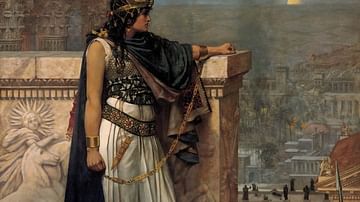
Article
Zenobia's Rebellion in the Historia Augusta
The Historia Augusta (Great History) is a Latin work of the 4th century CE that chronicles the lives of Roman emperors from 117-285 CE. Among the many stories related is the history of Zenobia of Palmyra and her challenge to Roman authority...

Article
Roman Roads
The Romans built roads over ancient routes and created a huge number of new ones. Engineers were audacious in their plans to join one point to another in as direct a line as possible whatever the difficulties in geography and costs. Consequently...

Article
Sammu-Ramat and Semiramis: The Inspiration and the Myth
Sammu-Ramat (r. 811-806 BCE) was the queen regent of the Assyrian Empire who held the throne for her young son Adad Nirari III (r. 811-783 BCE) until he reached maturity. She is also known as Shammuramat, Sammuramat, and, most notably, as...

Article
The Inca Road System
The Inca road system formed a network known as the royal highway or qhapaq ñan, which became an invaluable part of the Inca empire. Roads facilitated the movement of armies, people, and goods across plains, deserts, and mountains. They connected...
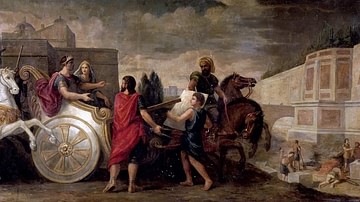
Article
Diodorus Siculus' Account of the Life of Semiramis
Semiramis is the semi-divine Warrior-Queen of Assyria, whose reign is most clearly documented by the Greek historian Diodorus Siculus (l. 90-30 BCE) in his great work Bibliotheca Historica ("Historical Library") written over thirty years...

Article
The Life of Aristippus in Diogenes Laertius
Aristippus of Cyrene (l. c. 435-356 BCE) was a hedonistic Greek philosopher who taught that the meaning of life was pleasure and that the pursuit of pleasure, therefore, was the most noble path one could pursue. Along with Plato, Xenophon...
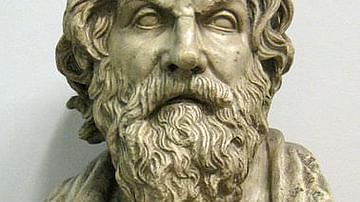
Article
The Life of Antisthenes of Athens in Diogenes Laertius
Antisthenes (c. 445-365 BCE) was a Greek philosopher who founded the Cynic School of Athens. He was a follower of Socrates and appears in Plato's Phaedo as one of those present at Socrates' death. He is one of the primary interlocutors in...
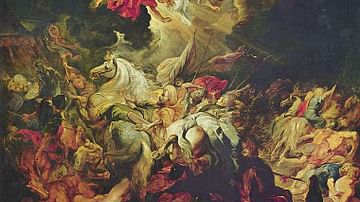
Article
The Mutual Destruction of Sennacherib & Babylon
The reign of Assyrian king Sennacherib (705-681 BCE) was chiefly characterized by his difficulties with Babylon. Throughout the history of the Assyrian Empire, Babylon had caused problems and had even been destroyed by the Assyrian king Tukulti-Ninurta...

Article
Ten Noble and Notorious Women of Ancient Greece
Women in ancient Greece, outside of Sparta, had almost no rights and no political or legal power. Even so, some women broke through the social and cultural restrictions to make their mark on history. All of the women did so at great personal...
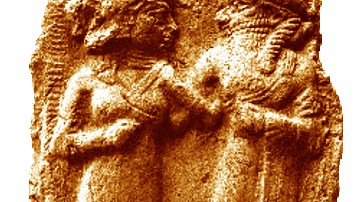
Article
The World's Oldest Love Poem
The world's oldest love poem is The Love Song for Shu-Sin (c. 2000 BCE) composed in ancient Mesopotamia for use in part of the sacred rites of fertility. Prior to its discovery in the 19th century, and its translation in the 20th, the biblical...